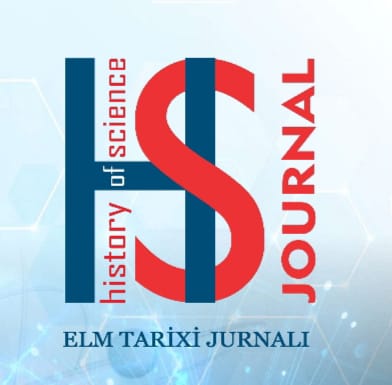In our New World, people have unprecedented opportunities in technological development. The advancement of technology, along with the expansion of social media and artificial intelligence, affects human psychology and interpersonal relationships. This impact is most pronounced among the “Z generation”, who grew up with the development of technology and the Internet, and the “Alpha generation”, who were born into a world of digital technologies. In an era of rapid life pace and ever-increasing information flow, young people are using artificial intelligence more frequently. They obtain information through AI, generate new ideas, and engage with it socially and recreationally. In this regard, it is important to investigate the impact of artificial intelligence on human psychology. According to statistics from the Digital Education Council (2024), 86% of students globally in the field of education regularly use AI, with 54% using it at least once a week.
This article examines the impact of artificial intelligence on the psychology of young people. The use of AI has both positive and negative effects on personality, cognitive skills, socialization, and learning activities. The article also addresses the psychological risks that may arise from the misuse of AI, such as addiction, decreased self-esteem, social isolation, and cognitive laziness, and provides recommendations for young people, parents, and experts regarding its proper use.

